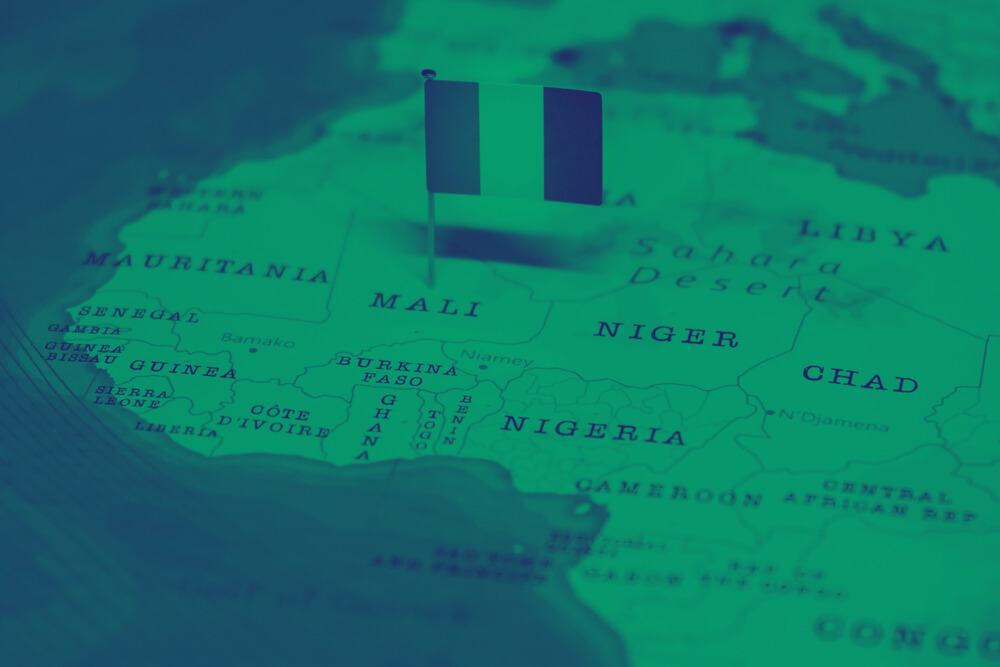Mali has faced a climate crisis for over fifty years, experiencing up to 40 climate-related shocks between 1970 and 2020, including droughts and floods that recently affected 400,000 people and cost approximately $9.5 million in crop revenues. This ongoing climate crisis has worsened Mali’s brutal civil war, which began in 2012, providing militant groups like the al-Qaeda-linked Jama’at Nusrat al-Islam wal-Muslimin (JNIM) opportunities for recruitment and revenue. Ethnic tensions in the north, which have intensified due to climate-related resource scarcity, have fueled conflict that now extends to the south.
Mali’s climate crisis has made much of its land inhospitable, prompting competition for resources between groups like the nomadic Fulani and sedentary Dogon farmers. This competition has driven recruitment into armed groups, with jihadist organizations exploiting local grievances, particularly around unemployment and class disparities. Reports indicate a correlation between climate change and jihadist recruitment, as diminishing resources compel families to send children to armed groups.
Revenue generation for JNIM has thrived amid the climate crisis, with many turning to illegal activities like timber harvesting in the face of agricultural decline. JNIM capitalizes on this by engaging in timber smuggling and protection rackets alongside its traditional narcotics trafficking. The group’s expansion has also enabled it to acquire advanced weaponry, creating a self-perpetuating cycle that further reinforces its power and threat.
In addressing Mali’s pressing ecological and security crises, international partnerships, particularly in technology and digital surveillance, might enhance security. However, these partnerships must be approached cautiously due to the government’s human rights record. Improved security conditions could foster legitimate mining operations and agricultural recovery, potentially reducing illegal logging and diminishing JNIM’s power. There are steps tech companies can take to mitigate JNIM’s funding, such as tightening regulations on platforms that allow terrorist propaganda and illegal gold sales. Overall, the intertwined crises of climate and security in Mali necessitate urgent and multifaceted interventions.



